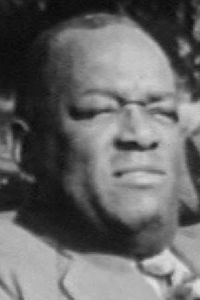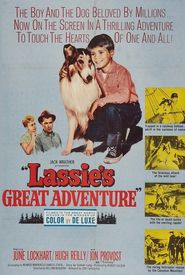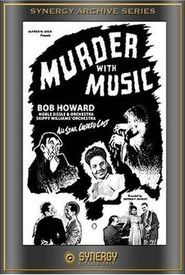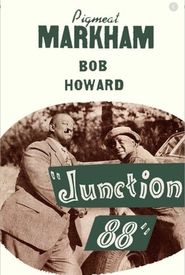Bob Howard was an exceptionally talented and versatile Black artist, showcasing his impressive range of skills as a pianist, comedian, and actor, effortlessly transitioning between different mediums and formats, captivating audiences on the iconic Broadway stage, as well as on the airwaves of radio and television.
Howard Joyner, later known by his stage name, embarked on a fascinating journey, commencing in West Newton, Massachusetts, where he drew his first breath. Initially, he pursued a career in the medical field, enrolling in Howard University Medical School, but his academic path took an unexpected turn as he decided to discontinue his studies. Undeterred, Joyner redirected his energies towards the world of music, subsequently enrolling in the prestigious New England Conservatory of Music, where he nurtured his artistic talents and laid the foundation for a successful music career.
Howard's early years in the world of vaudeville were marked by his exceptional talent as a pianist, as he was a key component of the esteemed duo Joyner and Hopkins, alongside the captivating dancer Morris Hopkins. This partnership undoubtedly played a significant role in shaping his future endeavors.
As he transitioned to the bright lights of Broadway, Howard made his debut in the 1943 production of "Early to Bed," a milestone that marked the beginning of his illustrious career on the Great White Way.
In addition to his work on stage, Howard's impressive range and versatility also led him to excel in the realm of radio broadcasting. Over the course of nearly four decades, from 1938 to 1975, he entertained audiences nationwide through his performances on the airwaves of WEAF, WCBS, and WHN, leaving an indelible mark on the world of radio entertainment.
Noted African American television pioneer, Howard, made groundbreaking history by becoming one of the initial Black performers to grace the small screen, successfully hosting a 15-minute program on CBS from July 1948 to December 1951, a remarkable achievement that paved the way for future generations.
His impressive repertoire in the world of cinema boasts a string of notable film credits, including the captivating "Howard's House Party", the thrilling "Junction 88", and the dazzling "Stars on Parade", showcasing his versatility and talent as a performer.
Howard's enduring appeal as a musician and entertainer was largely a result of his remarkable ability to emulate the legendary Fats Waller, showcasing his impressive musicianship and effortless connection with audiences through his performances.
With a talent that was undeniably impressive, Howard's charm and charisma on stage made him a beloved figure among music lovers, despite the fact that he may not have brought a completely new or innovative sound to the table.
Throughout his career, Howard's popularity was sustained by his dedication to his craft, his ability to interpret and reimagine the music of his idols, and his warm and engaging stage presence, which allowed him to build a loyal following and earn the admiration of his peers.
Howard's singing voice was remarkably diverse, effortlessly transitioning between different genres and emotions, showcasing a remarkable range that spanned from the high-pitched tenor register to the deeper, richer tones of a baritone, and from powerful and robust to subtle and coy.
He frequently took the lead in a band that paid homage to the iconic style of Cab Calloway, assembling a talented group of musicians who were more than capable of holding their own, but even then, Howard's infectious enthusiasm and encouragement often led him to interrupt their solos, injecting an air of excitement and camaraderie into the performance.
Bob Howard, a talented pianist and singer, dedicated his career to captivating audiences at numerous esteemed nightclubs and restaurants, ultimately concluding his remarkable journey on December 3, 1986, marking the end of an era.


























